Introduction to the Development of Agua Tibia small Coffee Manor in Guatemala
For professional baristas, please follow the coffee workshop (Wechat official account cafe_style)
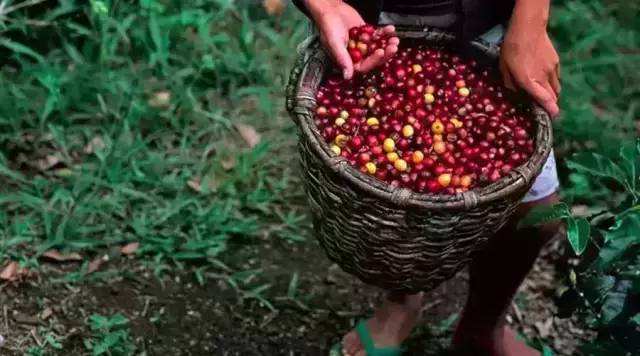
Basic information
Farm: Agua Tibia Manor
Varieties: Caturra,Pache, Huang bourbon, Catua í and Mundo Novo
Treatment: drying after washing treatment
Altitude: 1500-1700 m
Owner: Industrias Agricolas Centro Americanas,SA / Castillo Family
Town / city: San Jose Pinula
Region: Guatemala
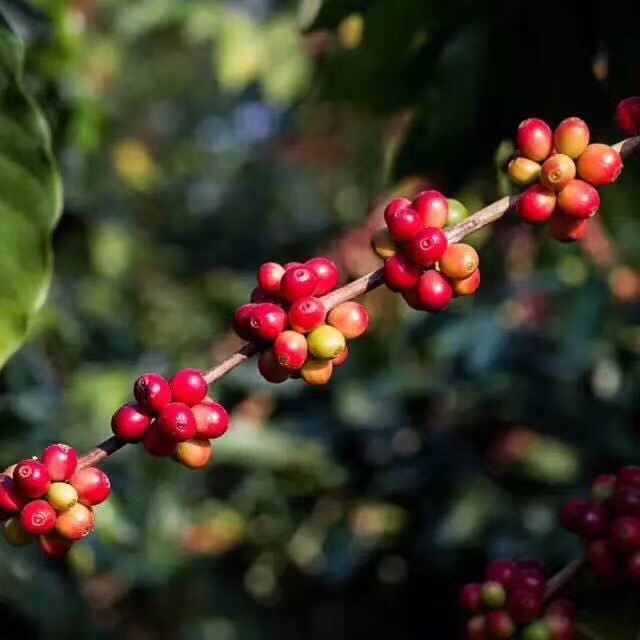
Flavor introduction: caramel, semi-sweet chocolate, maple, dense, structure, delicious, sweet
Agua Tibia Manor-Guatemala
Finca Agua Tibia has been in the Castillo family (Cascallo Family) since 1886. The ranch, originally located outside Guatemala City, was purchased to provide wood and fuel for one of the other industries in the family. In the first century of 20 years, wood and coal became oil-based fuels, making room for conversion from farms to other agricultural activities. The first beef cattle were bought in 1930, and in 1960, the family planted their first coffee plantation. Although the farm stopped herding cattle in 2005, coffee is still the main activity at Agua Tibia Manor so far.
When coffee was first grown on the farm, there were few coffee plantations in the area. At that time, the area that chose coffee was very small and very experimental. By the 1980s, the planting area of coffee was only 112 hectares. It wasn't until 2012 that families began to really focus on coffee production. So far, the size of the coffee farm has expanded to 228 hectares, and the planned area of the area will reach 350 hectares by 2020. Other economic activities include agricultural tourism and special events in the beautiful main house of the farm.
The name of Finca Agua Tibia predates the Castillo family, and their knowledge has always been the name of the farm. Agua Tibia Manor means warm water in Spain, and volcanoes still active to the west of the area are likely to have hot springs in the area for a time.
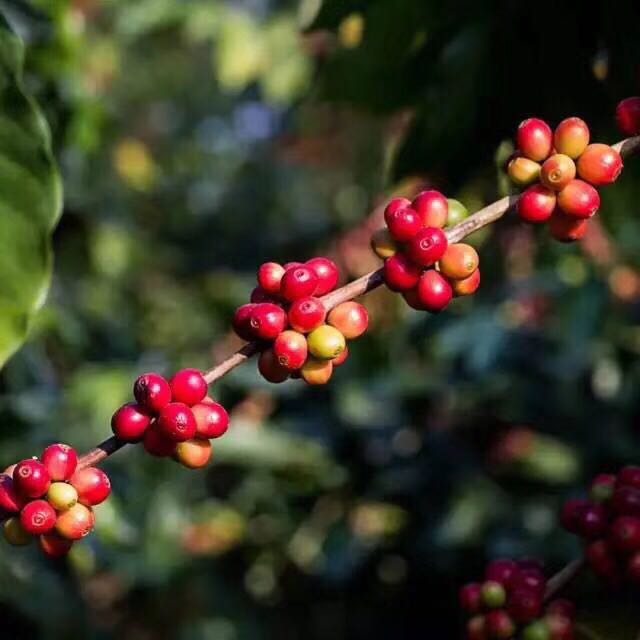
Agua Tibia Manor's lunar calendar begins in May, planting seedlings in the new area of the farm and replacing old and damaged trees. All the seedlings are selected from the farm's own nursery. In this way, families can guarantee the quality of their plants. The seedlings usually began to sow in June last year, so the seedlings are almost one year old and have received the best nutrition when sowing.
Once "on-site" trees are fertilized regularly several times a year, they are applied on their leaves in October, which is the best time to prevent and control diseases during colder winters. Pruning is carried out in February and March, which helps keep trees healthy and productive. A total of 45 employees at Agua Tibia Manor perform these important tasks throughout the year.
The biological harvest time at Agua Tibia Manor in November ends at the end of March. During this period, 300 people were employed, which helped to maintain the local economy. These temporary workers are trained in the best picking skills, and only ripe red cherries can be transported through a wet mill. At the peak of the harvest season, coffee goes from the field to the wet mill every afternoon. Here it is pulped and transferred to the fermentor. After about 42 hours, the coffee is washed with clean water and then dried on the farm terrace. Parchment is spread out thinly and is often tilted during 7-12 days to ensure dryness.
Agua Tibia Manor has big plans for the future. As mentioned earlier, they plan to significantly expand the area of coffee by 2020. As a result, they are taking steps to increase the processing capacity of wet mills and will purchase Guardiolas (mechanical dryers) by 2019 to help increase the volume. High-quality varieties, such as geisha and Pakamara, have been planted in selected areas of the farm, while increasing the area of Katua in order to increase production more widely. Their expansion plans are not just about productivity, but also about quality.
Important Notice :
前街咖啡 FrontStreet Coffee has moved to new addredd:
FrontStreet Coffee Address: 315,Donghua East Road,GuangZhou
Tel:020 38364473
- Prev
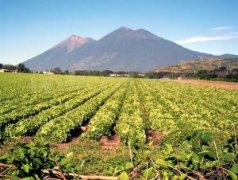
Guatemala microclimate boutique coffee Santa Sophia Manor details Santa Sofia
Professional barista exchanges please follow the coffee workshop (Wechat official account cafe_style) basic information farm: Santa Sophia varieties: Caturra, Catuai, Catimor treatment: washing treatment altitude: 1675 meters owner: PabloJosFerrigno Figueroa town / city: Tactek area: Cobn,Alta Verapaz flavor description: plum
- Next
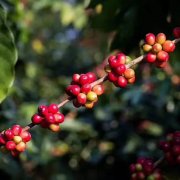
Guatemala El Tambor Drum Manor Flavor describes the biotherapy of leaf rust
Professional barista communication please follow the coffee workshop (Wechat official account cafe_style) basic information farm: El Tambor manor variety: yellow bourbon treatment: washing treatment altitude: 1676-1860 m owner: Victor Calderon town / city: El Durazno area: Palencia flavor description: full-bodied, dark cherry, dark chocolate, cola
Related
- Does Rose Summer choose Blue, Green or Red? Detailed explanation of Rose Summer Coffee plots and Classification in Panamanian Jade Manor
- What is the difference between the origin, producing area, processing plant, cooperative and manor of coffee beans?
- How fine does the espresso powder fit? how to grind the espresso?
- Sca coffee roasting degree color card coffee roasting degree 8 roasting color values what do you mean?
- The practice of lattes: how to make lattes at home
- Introduction to Indonesian Fine Coffee beans-- Java Coffee producing area of Indonesian Arabica Coffee
- How much will the flavor of light and medium roasted rose summer be expressed? What baking level is rose summer suitable for?
- Introduction to the characteristics of washing, sun-drying or wet-planing coffee commonly used in Mantenin, Indonesia
- Price characteristics of Arabica Coffee Bean Starbucks introduction to Manning Coffee Bean Taste producing area Variety Manor
- What is the authentic Yega flavor? What are the flavor characteristics of the really excellent Yejasuffi coffee beans?

